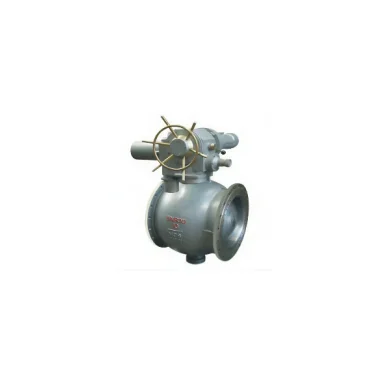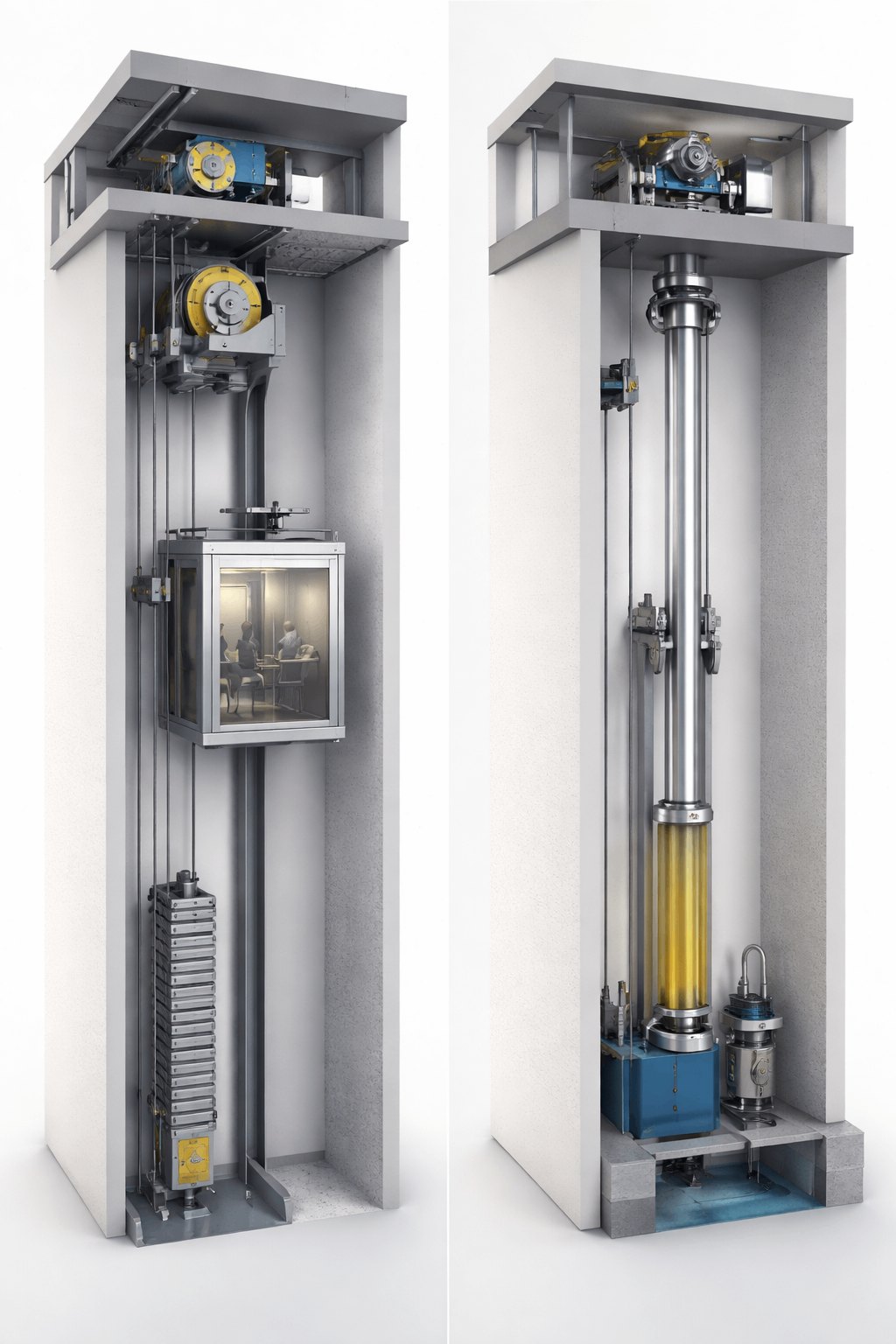Unveiling the Drawbacks of Hybrid Cars: A Comprehensive Analysis
Hybrid cars have gained immense popularity in recent years due to their eco-friendly nature and fuel efficiency. However, it is crucial to recognize that no technology is without its drawbacks. In this blog post, we will delve into the negatives of hybrid cars, shedding light on their limitations and challenges. By understanding these aspects, consumers can make informed decisions when considering hybrid vehicles as a sustainable transportation option.
- Limited Electric Range:
One of the primary drawbacks of hybrid cars is their limited electric range. While they offer improved fuel efficiency by combining an internal combustion engine with an electric motor, the electric range is often limited to a few dozen miles. This limitation can be a concern for individuals who frequently travel long distances or rely heavily on electric power. - Higher Initial Cost:
Hybrid cars typically come with a higher price tag compared to their conventional counterparts. The advanced technology and components required to integrate both electric and combustion engines contribute to the increased cost. Although the long-term savings on fuel expenses may offset this initial investment, the higher upfront cost can deter some potential buyers. - Battery Degradation and Replacement:
Hybrid cars rely on batteries to store and utilize electric power. Over time, these batteries can experience degradation, resulting in reduced performance and electric range. Additionally, battery replacement can be a significant expense, often occurring after several years of use. Proper maintenance and regular battery checks are essential to mitigate this issue. - Limited Charging Infrastructure:
Unlike fully electric vehicles, hybrid cars do not solely rely on charging stations for power. However, the availability of charging infrastructure can still be limited, especially in certain regions or remote areas. This can pose challenges for hybrid car owners who rely on electric charging for their daily commute or longer trips. - Weight and Performance Trade-offs:
Hybrid cars tend to be heavier than conventional vehicles due to the additional components required for the electric motor and battery system. This added weight can impact the overall performance, including acceleration and handling. While advancements in technology have minimized this drawback, it is still a consideration for those seeking a sportier driving experience.
Conclusion:
Hybrid cars undoubtedly offer numerous advantages, such as reduced emissions and improved fuel efficiency. However, it is essential to acknowledge the negatives associated with this technology. The limited electric range, higher initial cost, battery degradation, limited charging infrastructure, and weight-performance trade-offs are factors that potential buyers should consider. By understanding these drawbacks, consumers can make informed decisions and determine whether a hybrid car aligns with their specific needs and preferences.


